Bio
Advice Sounds Different to a Five-Year-Old
When the girl sitting next to me in kindergarten wasn’t being very nice, I came home and asked the wisest people I knew (my parents) what I should do about it. I wanted desperately to sit next to my best friend—another shy, Russian girl, who knew how difficult it was to reconcile the two worlds we traveled between every day when we bussed from home to school and back again.
My father considered the situation carefully and then told me it was best to have an honest conversation with the teacher if someone was bothering me. He suggested I ask her if she would consider switching my seat.
So the next day, I came to class determined to follow through. I was filled with hope. I raised my hand and, in front of the entire class, proceeded to tell my teacher why I didn’t want to sit next to—well, I won’t tell you her name—and why I should be moved next to my best friend instead. My teacher looked at me, her eyebrows raised, and simply said, “No. We don’t choose seats in this classroom,” and carried on with class as though the whole conversation had never happened.
I was crushed. All of my early confidence was swiftly replaced with humiliation. Why had my father steered me so wrong? How would the girl next to me react after my declaration to the whole class?
That evening, I told my parents what happened. My father was genuinely surprised. “I meant you should talk to your teacher in private! I thought you understood.” Of course I hadn’t. I had never considered asking for clarification. But I learned my lessons quickly that day—speak up for yourself, yes, but also choose your audience wisely. Never make assumptions. And definitely don’t follow advice blindly—even when it’s from your parents.
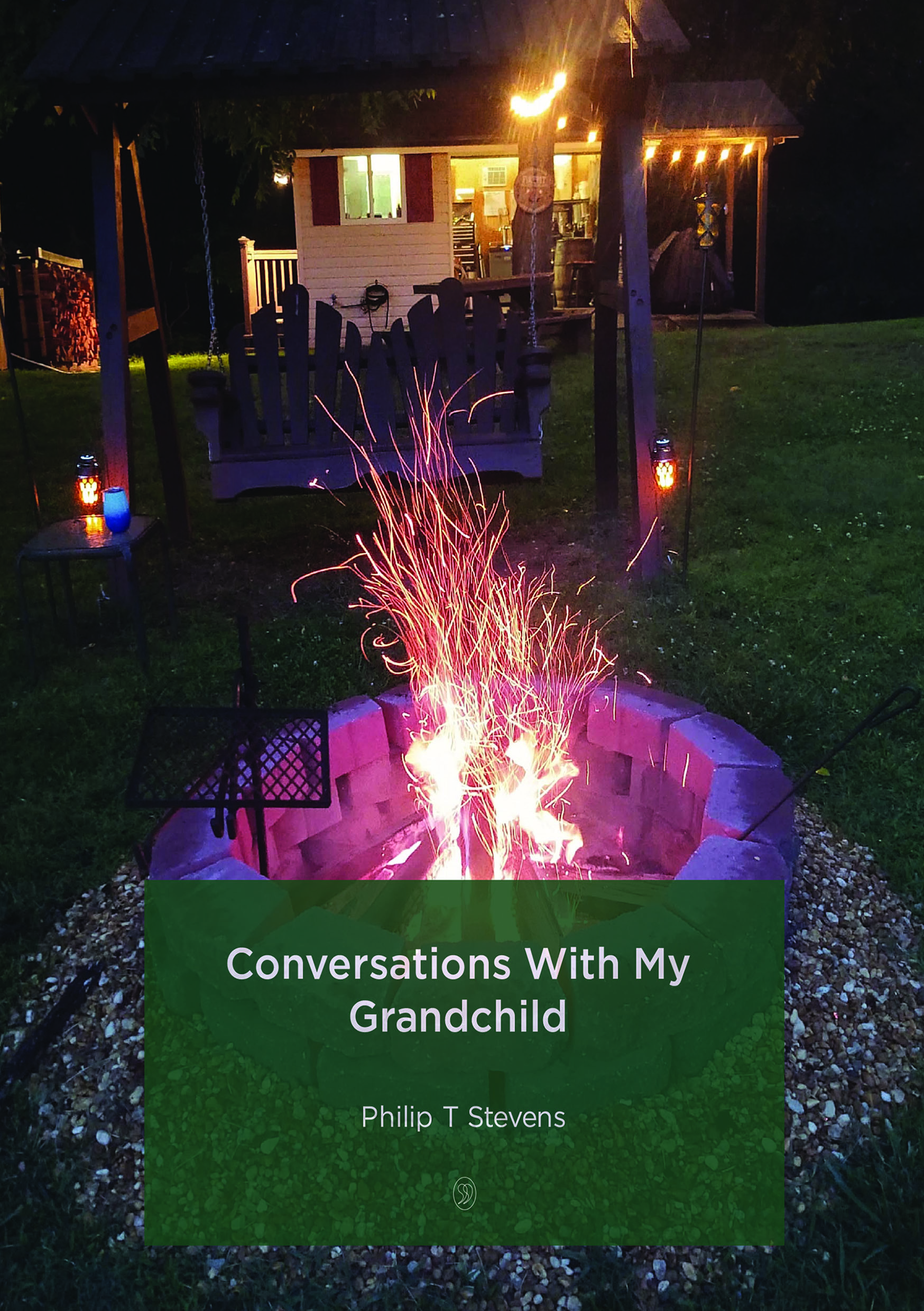





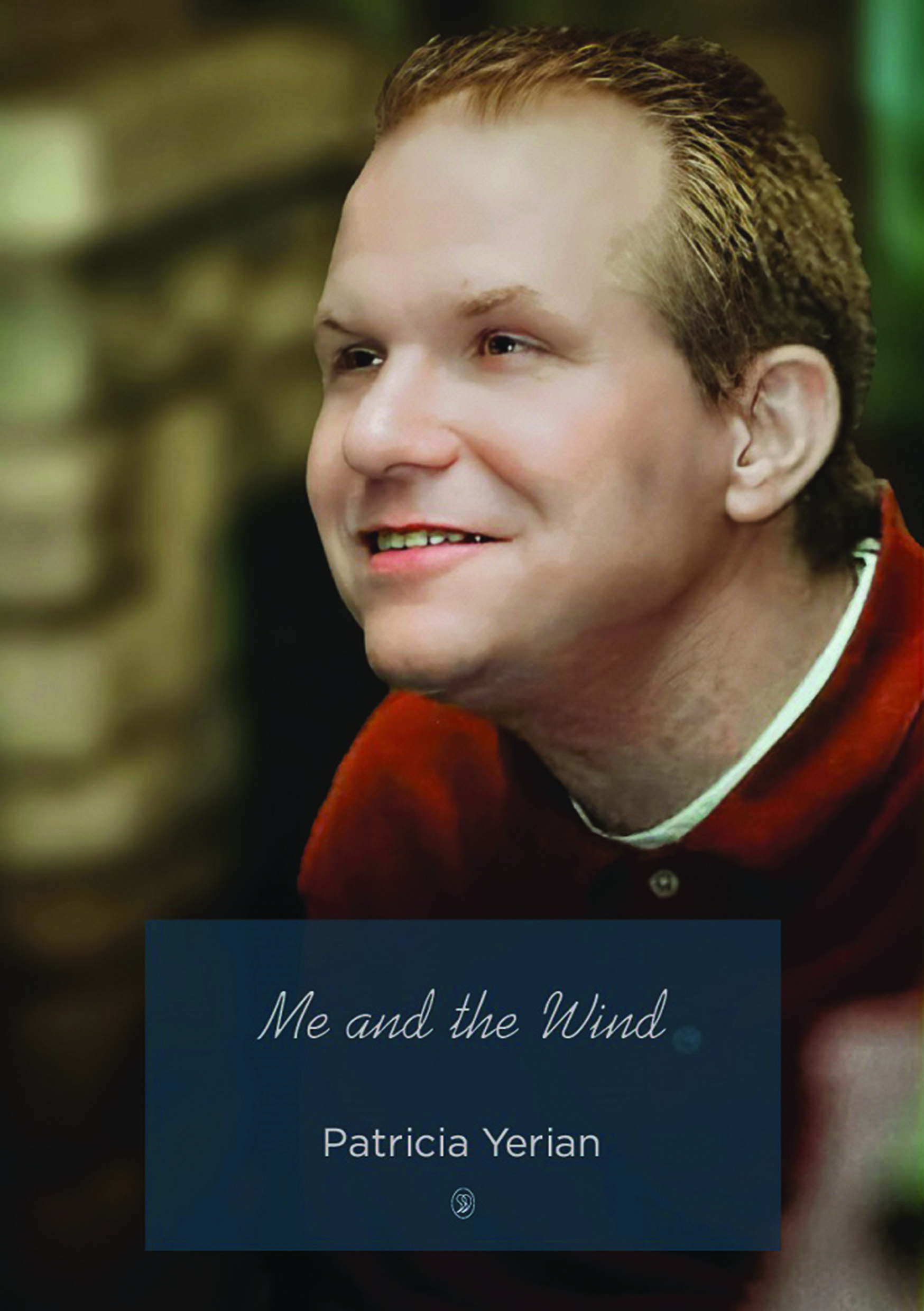

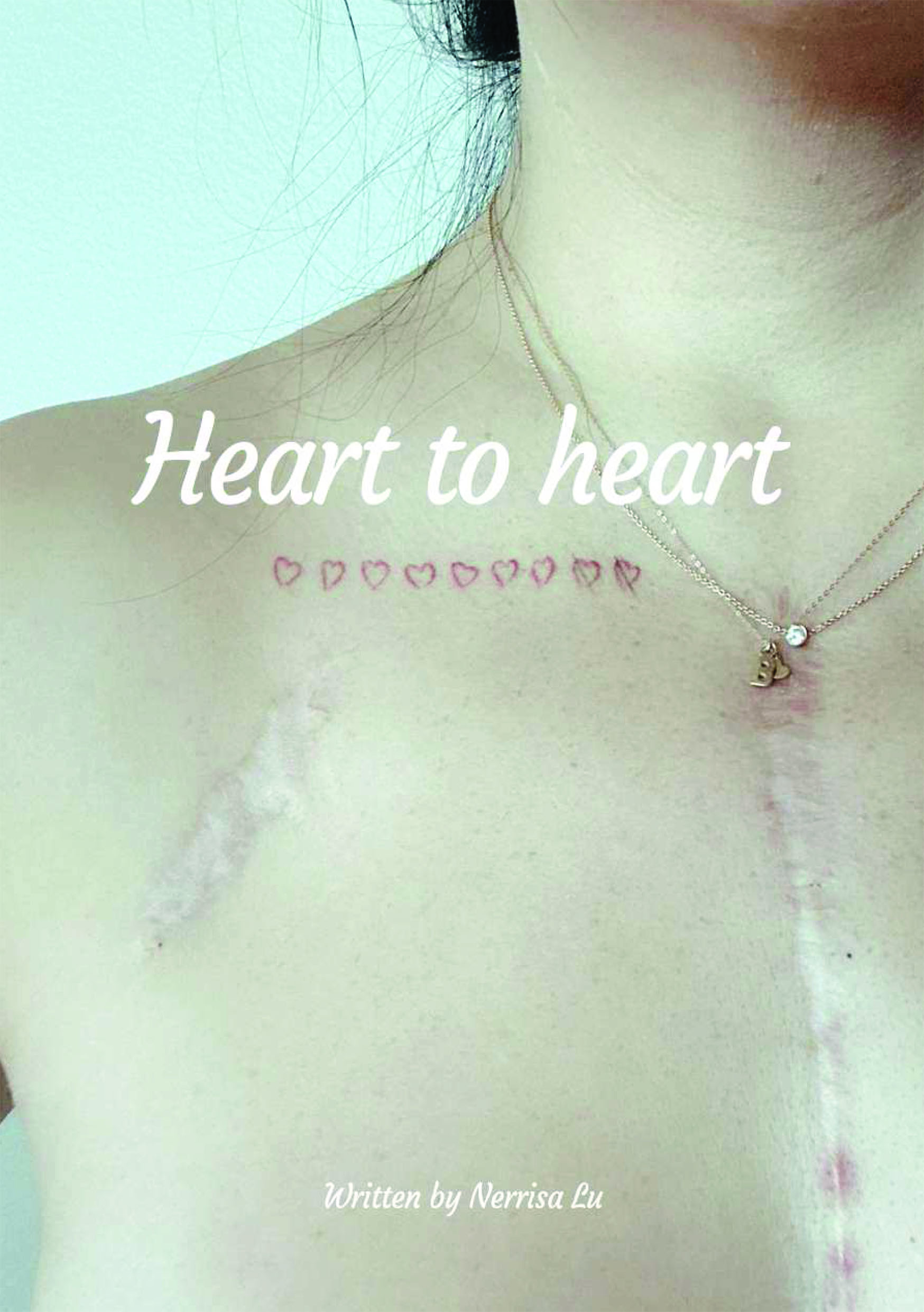

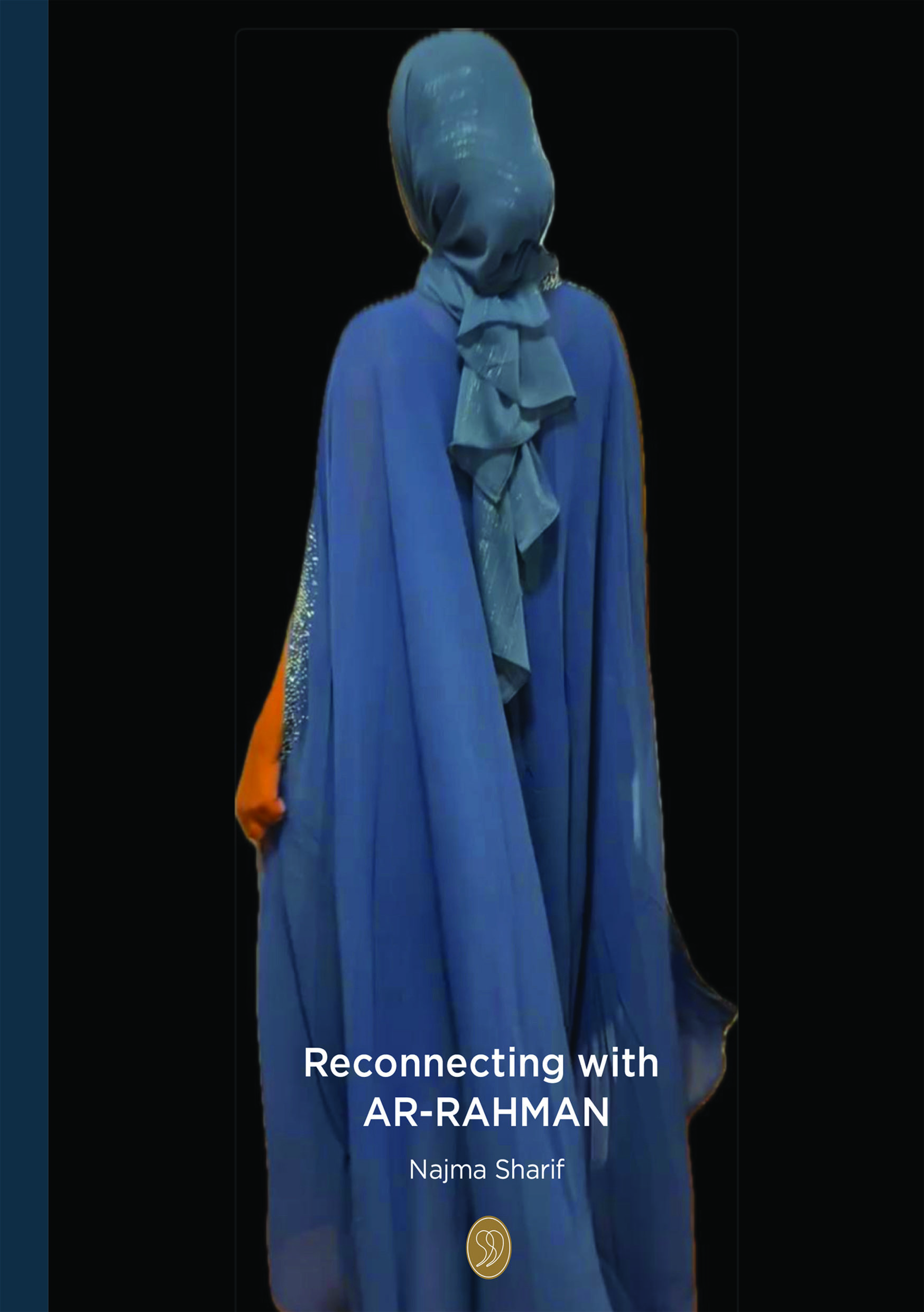



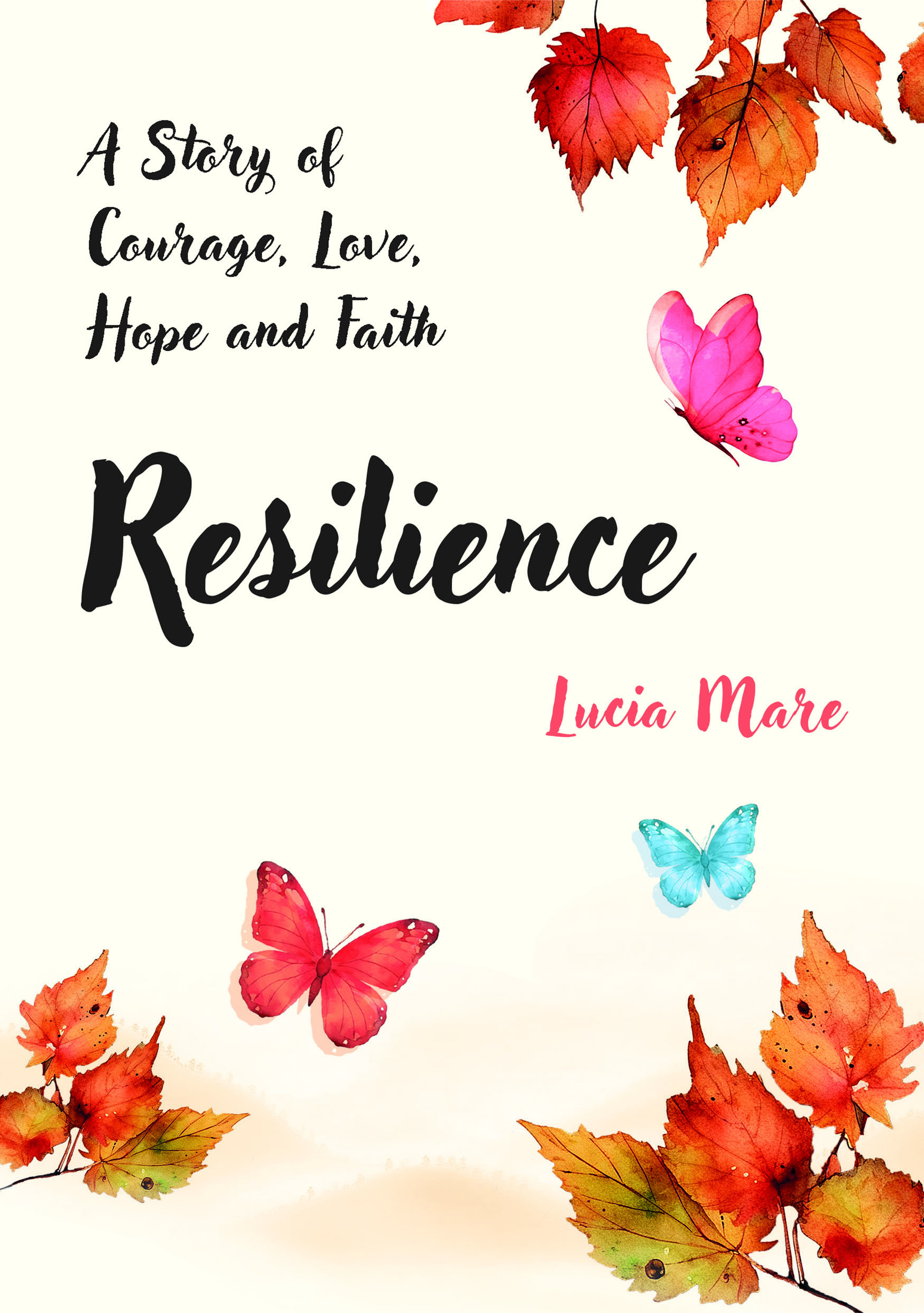



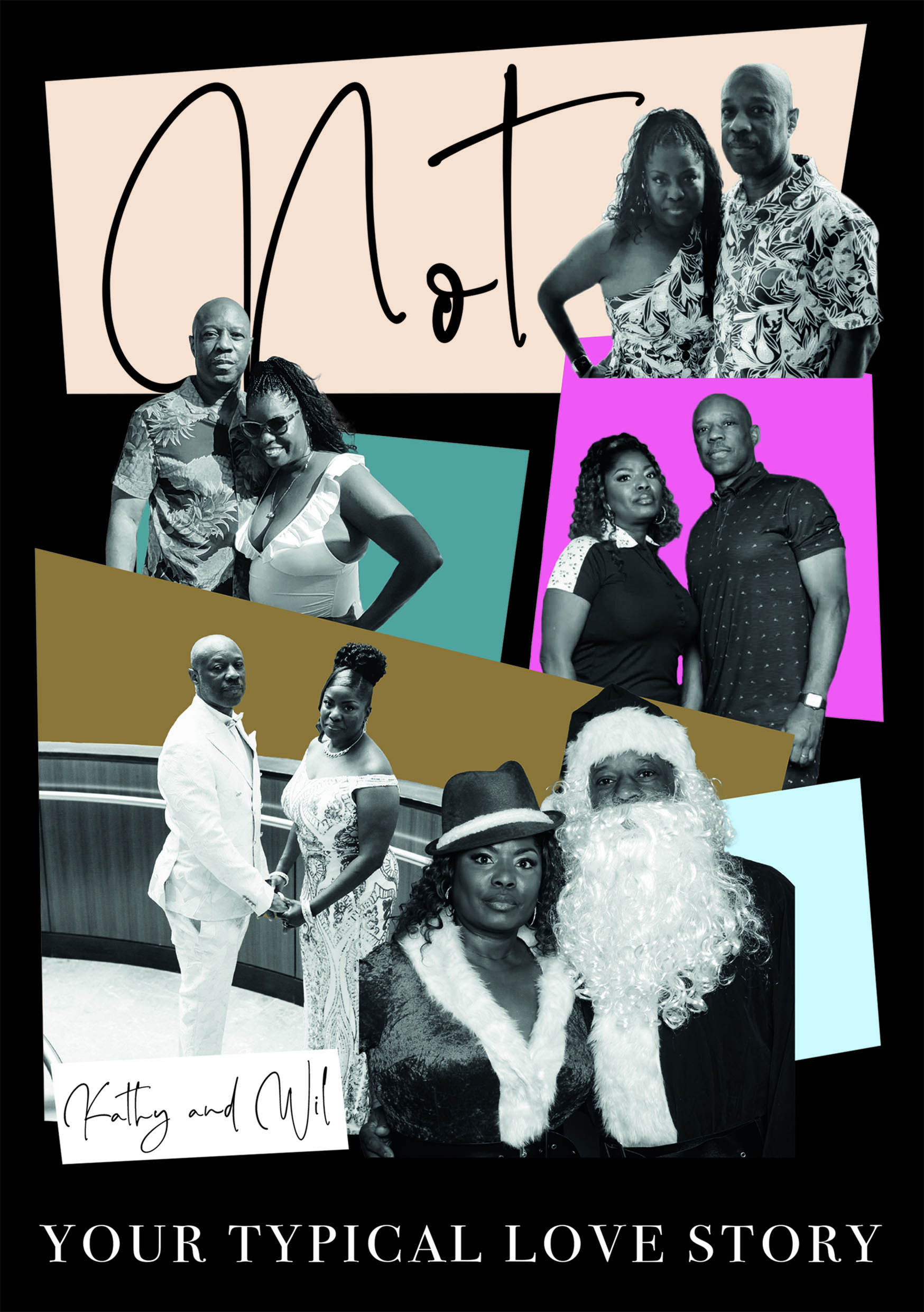

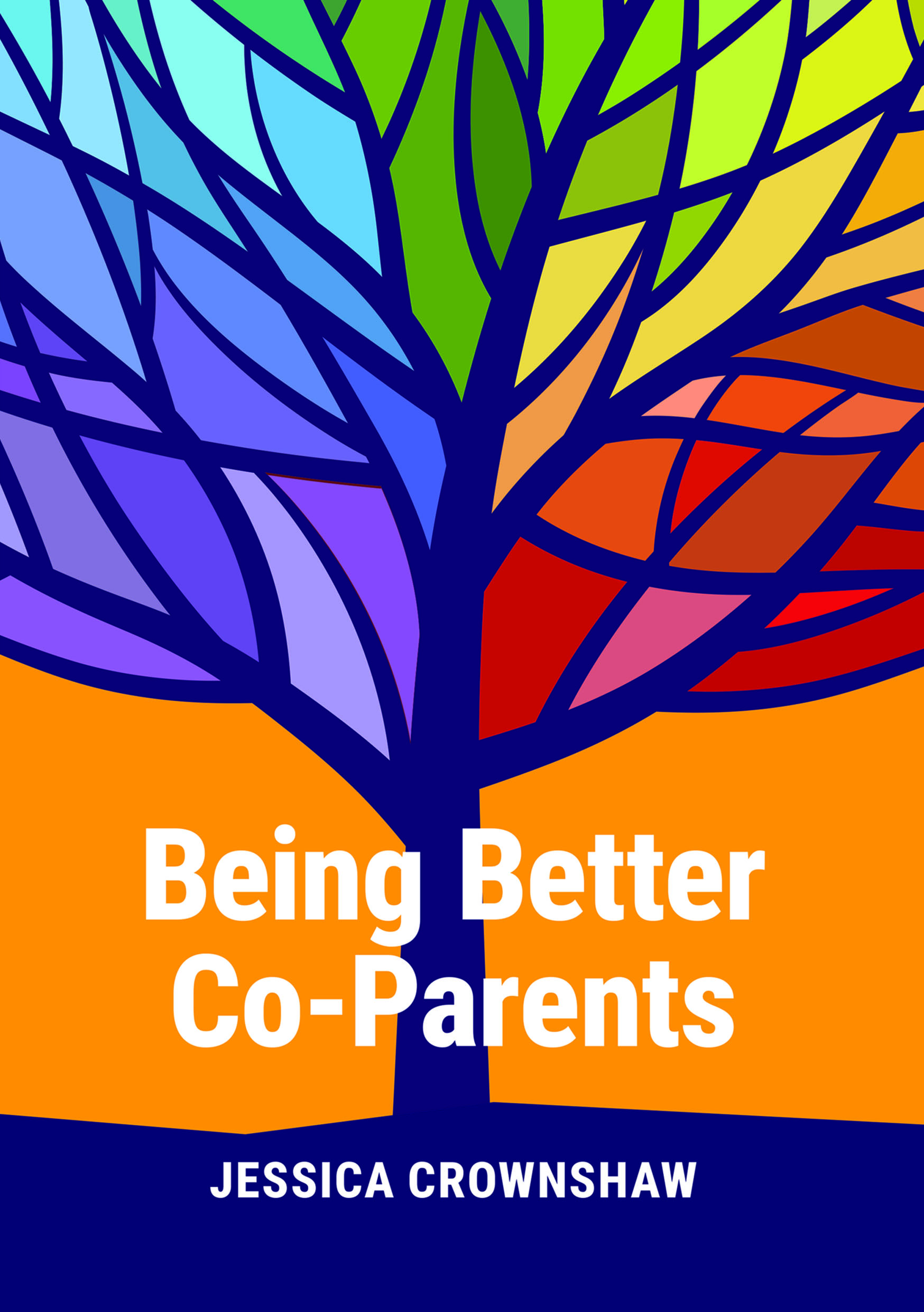

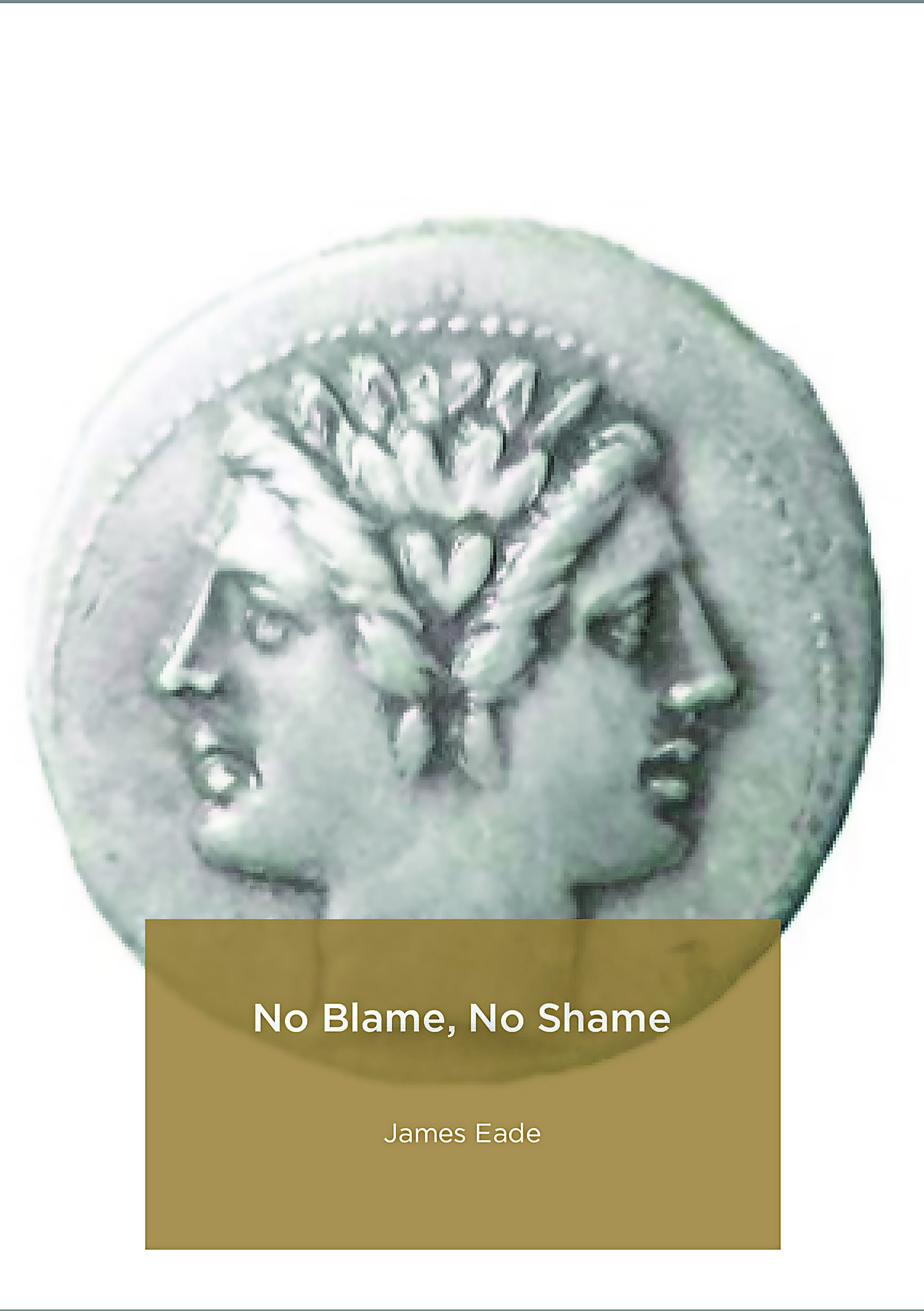



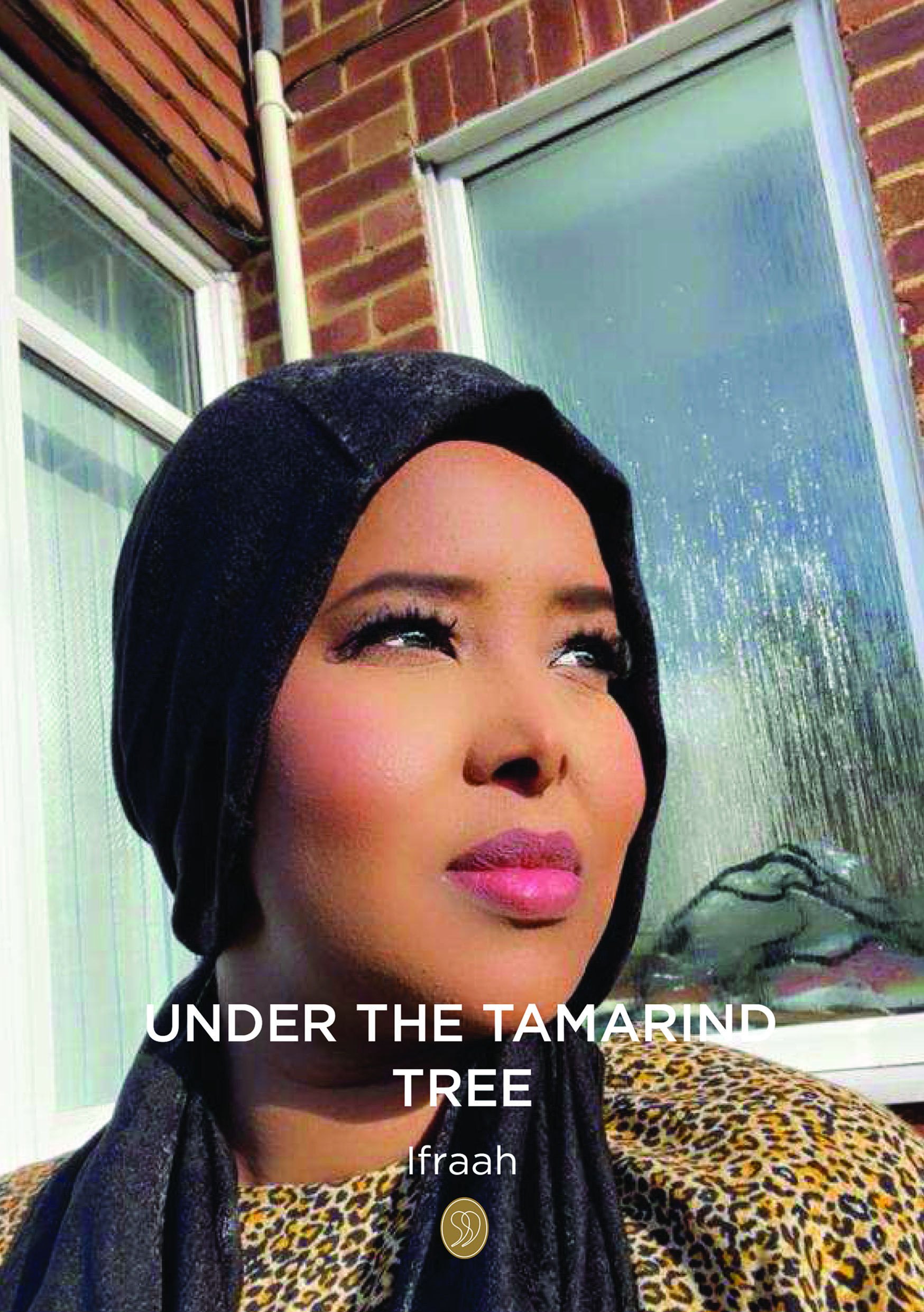



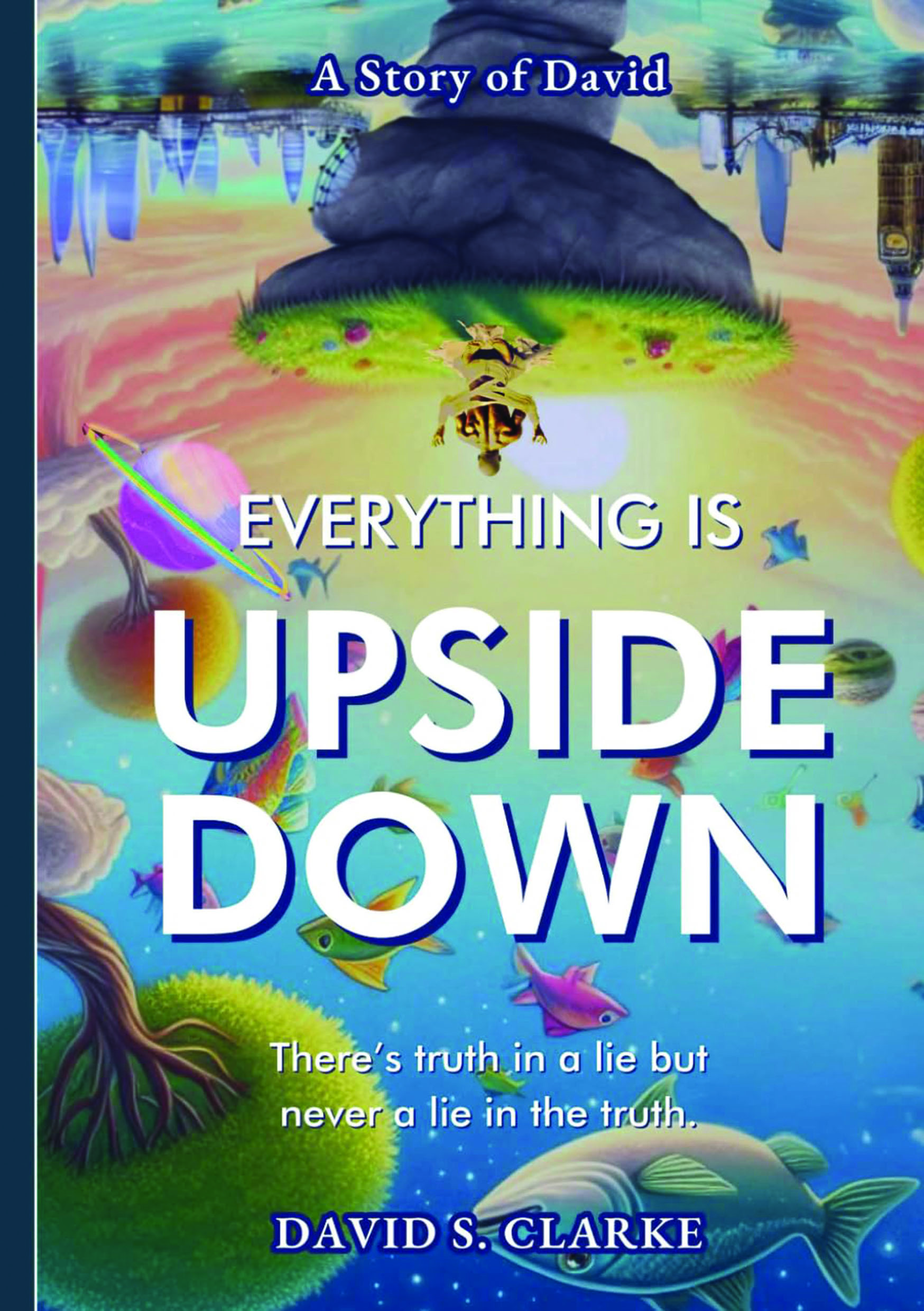





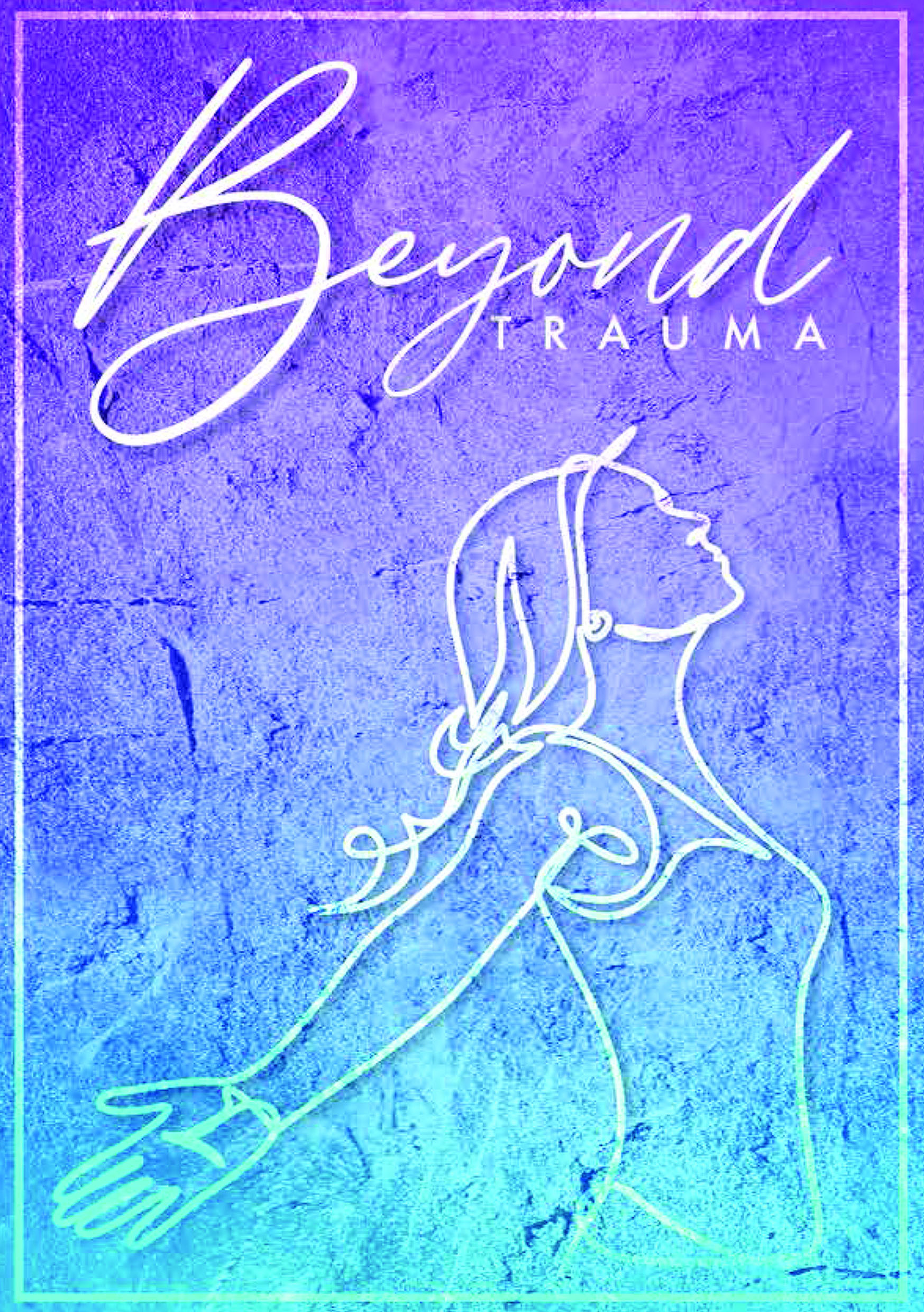

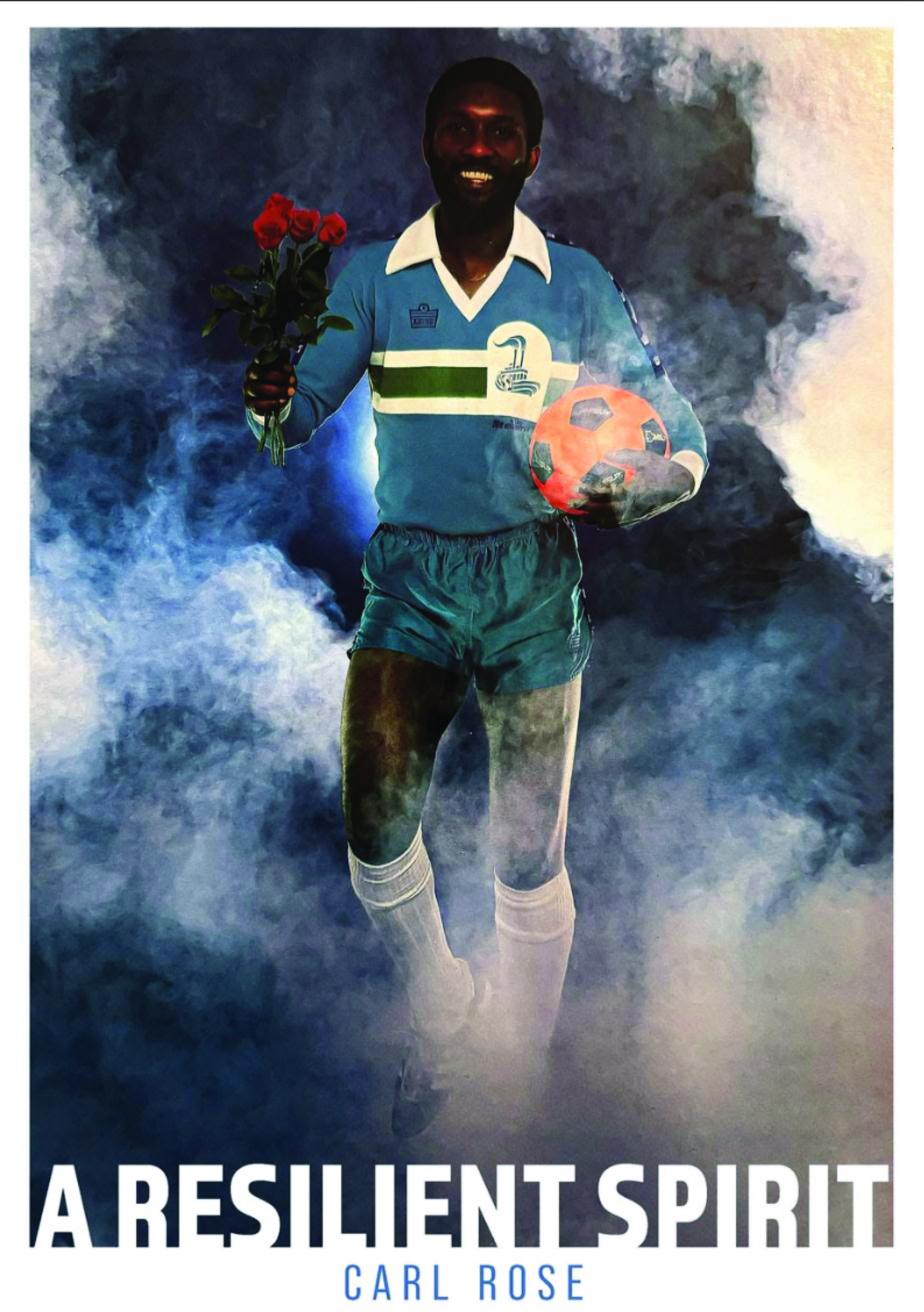







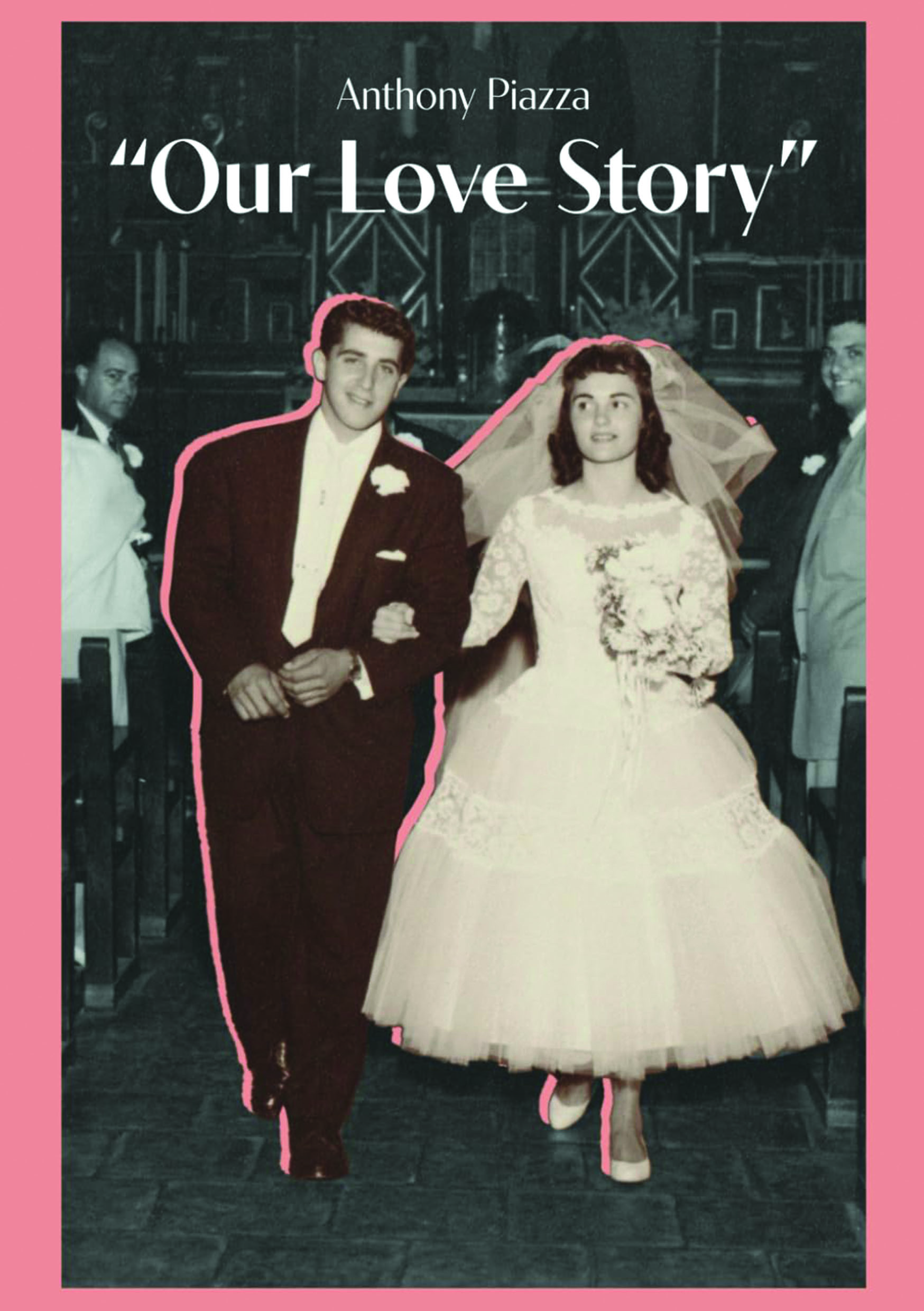



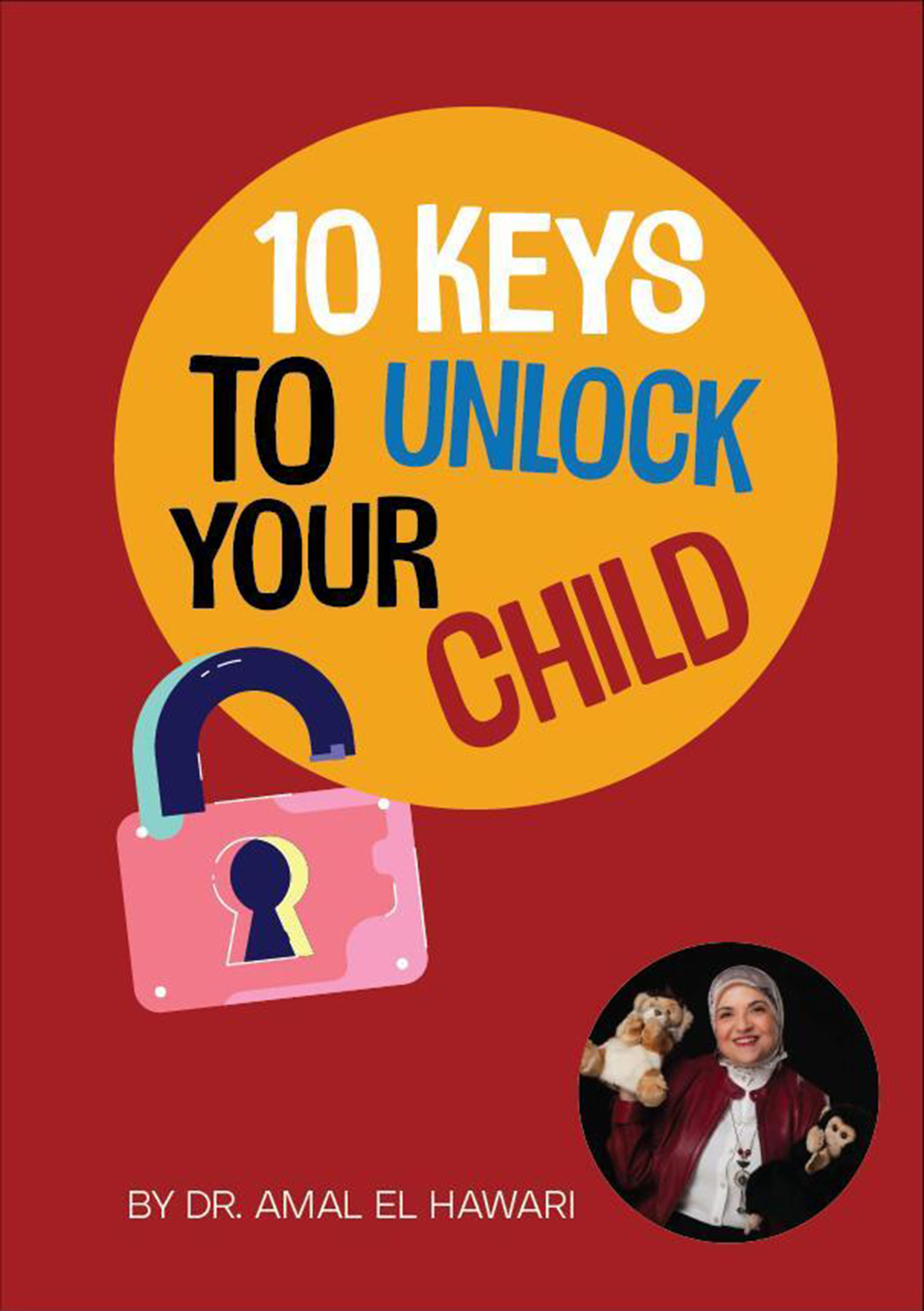











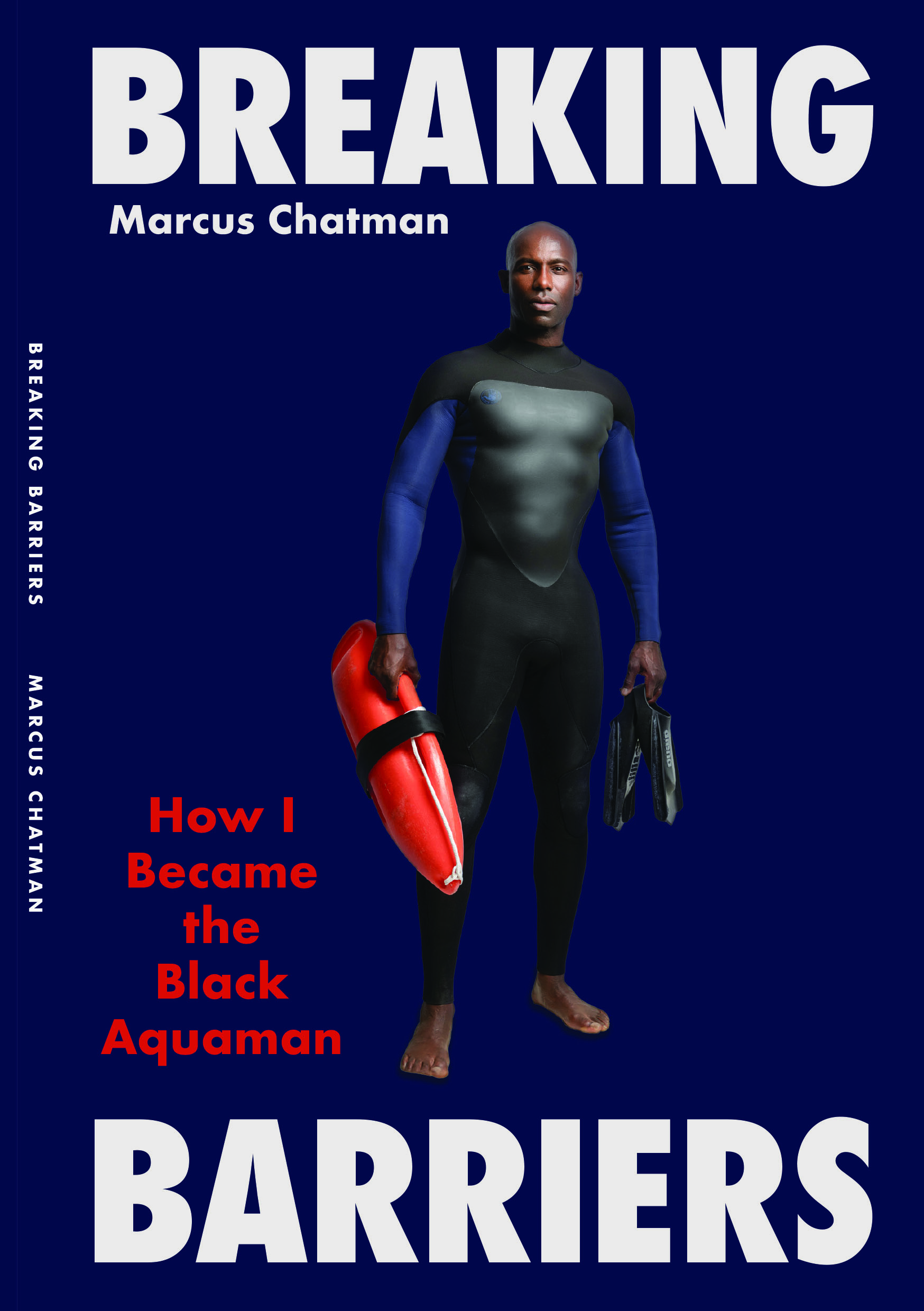



.jpg)









.webp)
























